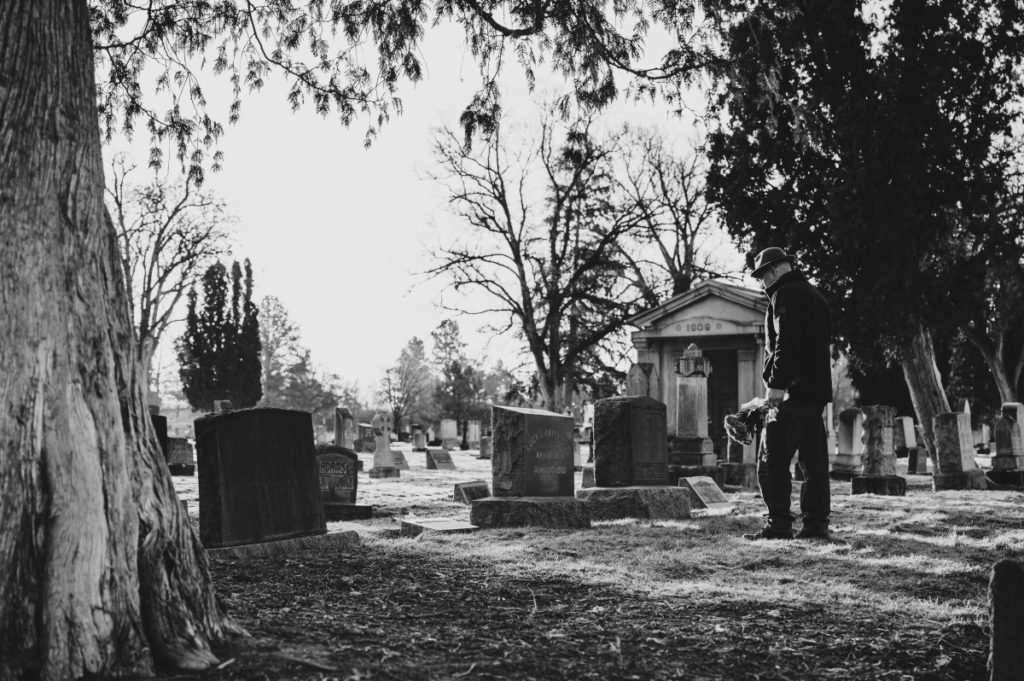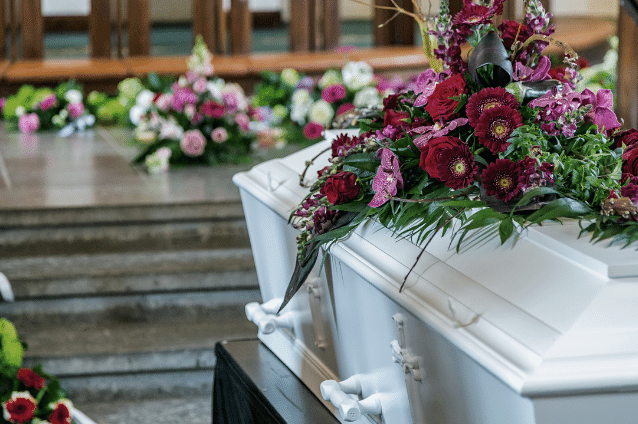Who is responsible for the burial site?
When a person has passed away and been buried, a person is appointed who is responsible for the burial site and that the grave is kept in a dignified condition. That person is called the burial right holder. Being a burial right holder entails a responsibility and thus some guidelines to keep track of and relate to. For example, what can you expect from the environment? What happens if the burial right holder dies? How do you maintain the burial site and ensure that it is kept in a dignified condition? In this article, we have gathered general information about what it means to have this task.
Grave rights holder
An appointed burial right holder has the right to use a specific burial site within a public burial site. If the burial right holder has full burial rights, which is the most common if you are the sole burial right holder, the person has a mandate to decide what the burial site should look like and use, and is obliged to follow the regulations that tell how the grave should be maintained and look.

The rights of the burial right holder
Decide who will or may be buried within the burial site.
If the holder of the right of burial is alone, he has the right at his death to be buried in the burial site where he had the right of burial. If, on the other hand, there is more than one burial right holder, all of them need to be consulted. Sometimes it happens that burial rights holders disagree on these issues, but it usually ends with previous burial rights holders being allowed to be buried at the burial site – even if not everyone agrees on the issue.
The right to determine any burial device.
The burial right holder is the person who decides what the burial device should look like, the most common is to buy a tombstone , but there are also other decorations. However, there are not completely free reins when it comes to the design of the burial site, but the cemetery administration sometimes has guidelines regarding what the burial site may look like in order to maintain a dignified and pleasant burial culture.
May renew, transfer, return or order the right of burial.
There is nothing that says that you are appointed a burial right holder forever, but it is a task that in various ways can be passed on or handed over to another suitable person.
The right to remove the burial device.
When the lease period ends, the burial right holder has a mandate to decide whether the burial site should be removed or remain.
Obligations of the burial right holder
To keep the burial site in a dignified condition.
In other words, it is the burial right holder who is responsible for ensuring that the burial site does not fall into disrepair and is not maintained. If you as a burial right holder feel that you do not have the time or opportunity to take care of the burial site, it is possible to buy it as a service from the cemetery administration.
To announce if the right of burial has been handed over.
Should the burial right holder have handed over the information to someone else or someone else, he is obliged to notify this.
To register as a burial right holder
If a burial right holder dies or if a new grave is to be leased, a new burial right holder needs to be reported to the parish. This can easily be done by filling in the form with the name “Registration of burial rights holders” and sending it to the parish office. The burial right holder is appointed by the estate, and it is important that all estate owners sign the form before it is sent in.
Renewal, transfer and return
The lease period for a burial right is 25 years, and when that time begins to come to an end, the burial right holder will be offered to renew the burial right. If there is something you want, all you have to do is send the form back and pay an additional administrative fee. Thereafter, the right of burial is extended for another 15 years, before the holder of the right of burial is asked again for renewal.
If the holder of the right of burial at any time chooses to transfer the right of burial to another person, this must be notified in writing to the parish office. The name of the new burial rights holder and contact information must be included in the notification, and burial rights can only be transferred to close relatives or family members of the buried person.
If the burial right holder no longer wants to be responsible for the burial site, he can return his burial right prematurely. This is also done in writing to the parish office. If there is no one else who wants to take over the task, the funeral business becomes the burial right holder until 25 years have passed since the burial.














